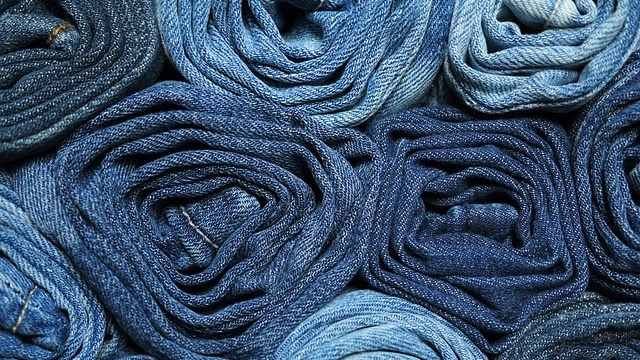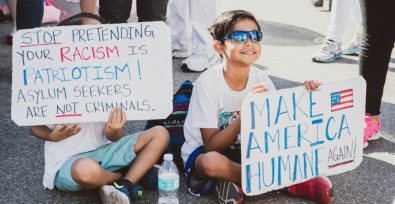The U.K.’s largest grocery chain Tesco is facing a ground-breaking lawsuit alleging forced labor at a supplier factory in Thailand.
The lawsuit has been brought by 130 Burmese workers, former employees at VK Garment Factory (VKG) where they made jeans for Tesco’s F+F brand of apparel. VGK’s site is in Mae Sot, on the Myanmar border, a city that over the last decade has garnered the reputation of paying little attention to workers’ rights.
“Wild West” of workers’ rights
The factory relies heavily on migrant Burmese workers to conduct operations. These Burmese workers relied on VKG for their immigration status, documents that were reportedly withheld by management. Workers allege they were also paid illegally low wages, around half the minimum wage, without access to bank accounts set up in their name, effectively bonding them in debt.
Workers lived in crowded and unsanitary conditions at the factory, saying they only had one day off a month, and were working under threat, sometimes through the night to meet the demands of large orders.
Going beyond ownership
According to labor experts, Tesco is just one in a large line of clothing brands that shed responsibility for worker wellbeing by deliberately outsourcing production, whilst generating huge profits.
Tesco said that protecting the rights of everyone in its supply chain was absolutely essential and that had it identified serious issues like these at the time it would have ended its relationship with VKG immediately.
Tesco started using the factory in 2017, despite its own initial inspection identifying areas of non-compliance that experts say should have been red flags.
Tesco was not involved in the day-to-day running of the factory beyond setting and checking standards and placing orders. In a groundbreaking move, however, workers in Tesco’s supply chain are seeking to hold Tesco to account for allegedly failing to protect them.
Corporate accountability
In addition to the court action against Tesco, Ek Chai, their Thai branch, and the auditors, Intertek are facing legal action over the issue. This is believed to be the first time a social auditor has been tagged in such a suit.
David Welsh, the country director of the Solidarity Center Thailand, told The Guardian that the courts tended to side with employers and that Mae Sot was “very much the wild west of the global supply chain”.
Freedom United is calling for laws around the world that make it much easier for companies to be held to account for abuses in their supply chains. Right now companies rarely face any financial, civil, or criminal penalties when environmental or rights abuses are exposed. Make no mistake, recent legislation on corporate responsibility, such as the landmark U.K. Modern Slavery Act, only requires companies to report and provides no means of accountability or redress.
We need a massive shift in the way business is done and we can only achieve that if we speak up and demand it. Have you signed our petition calling for the people and planet to be prioritized over profit?







Freedom United is interested in hearing from our community and welcomes relevant, informed comments, advice, and insights that advance the conversation around our campaigns and advocacy. We value inclusivity and respect within our community. To be approved, your comments should be civil.
It is as old as humankind. Some will be Predators and make others Prey. Our very bodies, the gift of life to live in them, are subject to their disregard. That’s why we need…our survival demands…that we be strong, individually, as families, as communities, as Leadership Decision-Makers in Governments, community, State, Federal, to resist infiltration of Predators. If they can, they will prey on us. Standing together, in union, there is strength.